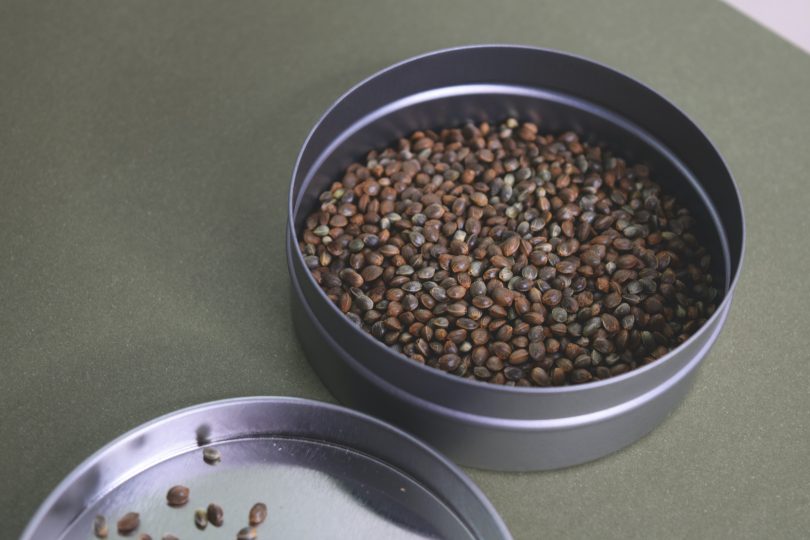Hemp seed (or hempseed) sits in a unique place within the burgeoning cannabis marketplace. For one, it is viewed primarily as a dietary supplement in the eyes of most consumers, while other cannabis products are often characterized as drugs — particularly tetrahydrocannabinol-laden (THC) cannabis and derivatives.
Though hemp seed is widely popular among consumers, many prospective users may feel it to be more of a fad than anything else, akin to the limitless array of cannabidiol (CBD) products currently sweeping the U.S.
Advertising aside, it is abundantly clear that CBD poses significant benefits to consumers. So, is hempseed beneficial?
A 2010 study exploring the “cardiac and haemostatic effects” of hemp seed found numerous benefits, including an “excellent content of omega-3 and omega-6 fatty acids” and nearly as much protein content as soybeans, according to researchers. [1] It also found a link between “arginine-rich” foods (arginine is a nonessential amino acid) and lowering one’s risk of cardiovascular disease.
Citing a study of over 13,000 participants [2], they note that “an independent relationship was shown between the dietary intake of L-arginine and levels of C-Reactive protein, a marker strongly correlated with the risk of cardiovascular disease (CVD).”
Furthermore, hemp seeds pack all nine essential amino acids, marking them among the few plant foods considered complete proteins.
Regarding essential fatty acid content, hempseed reportedly contains more linoleic acid than soybeans, cottonseed, and sesame, with an ideal ratio of linoleic acid to α-linoleic acid (LA:ALA). In terms of nutrients and minerals, hempseed provides vitamin E, magnesium, iron, zinc, and more. [1]
Other purported benefits of hempseed consumption include reduced blood pressure and inflammation associated with atherosclerosis. “The data…supports the hypothesis that hempseed has the potential to beneficially influence heart disease,” the researchers said.
They added that research into hempseed was curtailed due to an unfair association between seeds and cannabis products classified under the Drug Enforcement Administration’s Schedule 1 narcotic list. However, the 2018 Farm Bill and legalization of hemp has put hempseed back in the spotlight as an attractive superfood.
References:
1- Rodriguez-Leyva D, Pierce GN. The cardiac and haemostatic effects of dietary hempseed. Nutr Metab (Lond). 2010;7:32. doi:10.1186/1743-7075-7-32/. [Impact Factor: 4.169; Times Cited: 46 (Semantic Scholar)]
2- Wells BJ, Mainous AG, Everett CJ. Association between dietary arginine and C-reactive protein. Nutrition. 2005;21:125-30. [Impact Factor: 4.008; Times Cited: 96 (Semantic Scholar)]
Photo courtesy of Unsplash/Canvast Supply Co.








